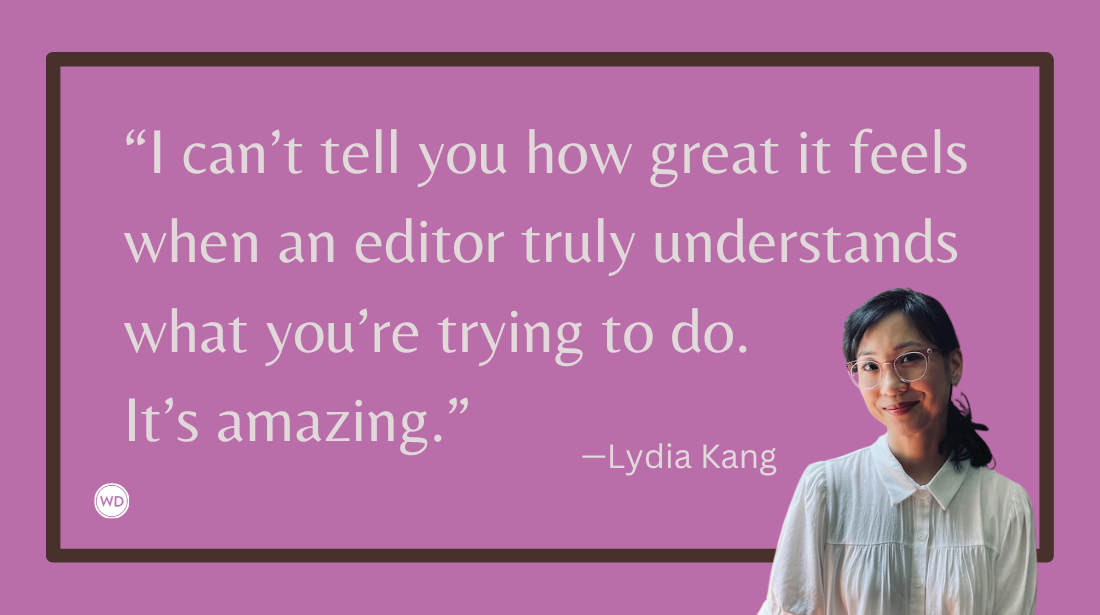Alright vs. All Right
What’s the difference between alright and all right (hint: one of them technically isn’t a word)? Here’s a simple explanation.
Q: What is the difference between all right and alright, and when is each one used? —Megan
A: The biggest difference between all right and alright is that one (all right) is a commonly used phrase that’s been accepted by dictionaries and grammar stylebooks for ages, while the other (alright) technically isn’t, well, a word. Resources such as Garner’s Modern American Usage deem all right “the standard,” and make the case that the hybrid spelling alright should be totally avoided because it’s nothing more than a spelling mistake.
As time rolls on, though, more and more folks seem to be using alright—for better or worse—much like already and altogether (both of which are accepted words in the English language). In fact, my word processor’s spell checker doesn’t even give alright that angry red underline to denote that it’s wrong—it just gives me the thin green underline asking if I think I’ve made the right word choice. Apparently, Microsoft Word is on the fence, too.
It seems likely that alright will one day become an accepted form of all right, but that day hasn’t come yet. So in the meantime, stick with the standard whenever your writing calls for it, and you’ll be all right.
Brian A. Klems is the former Senior Online Editor of Writer’s Digest, and author of Oh Boy, You’re Having a Girl (Adams Media/Simon & Schuster). Follow him on Twitter @BrianKlems.









